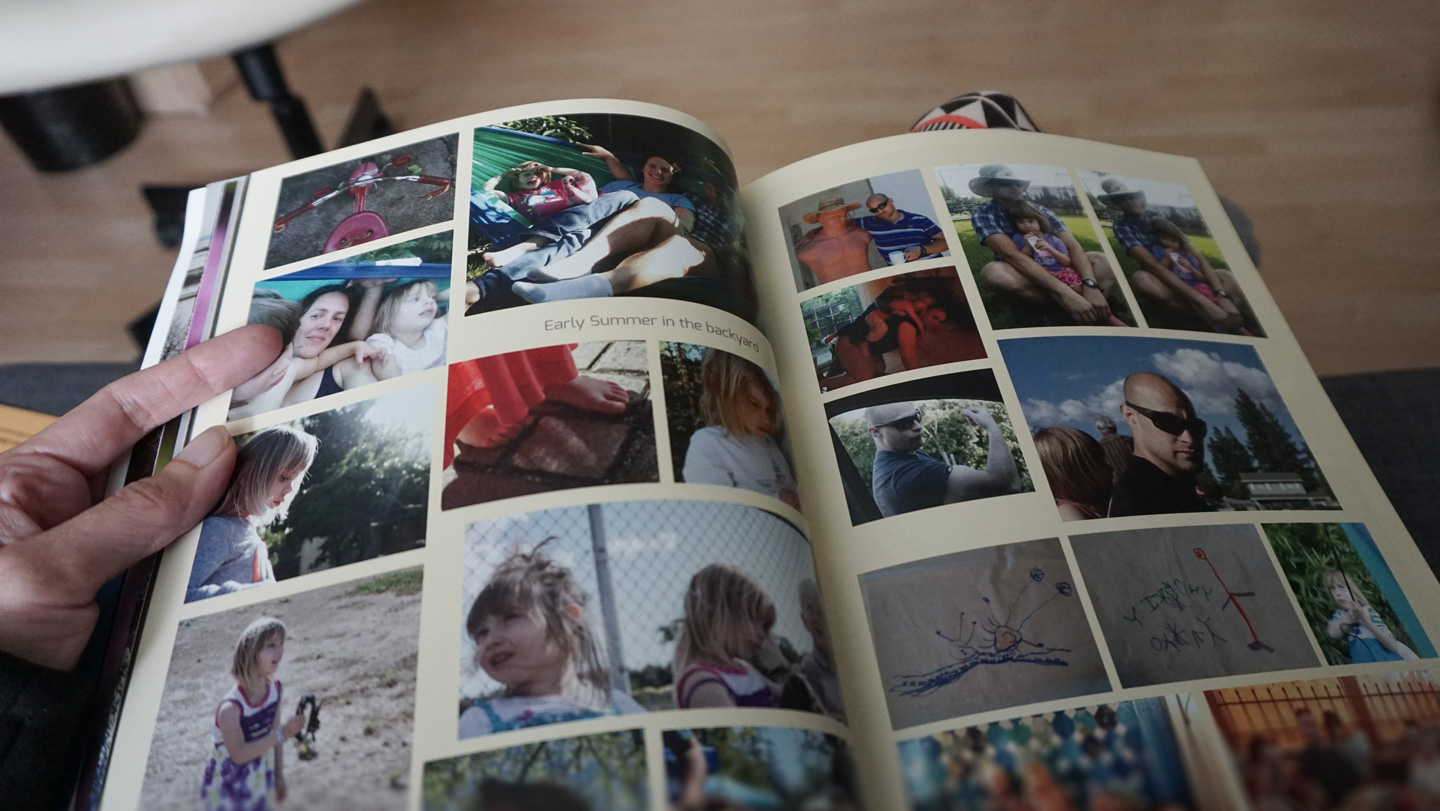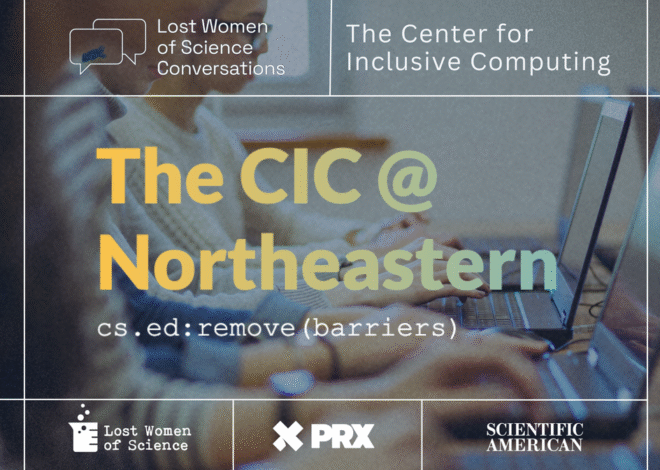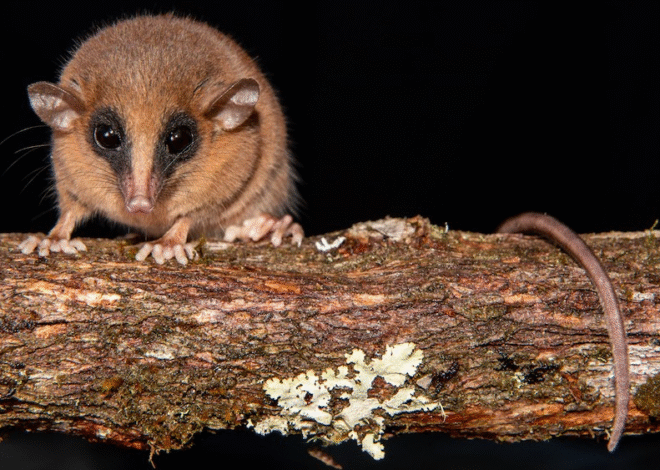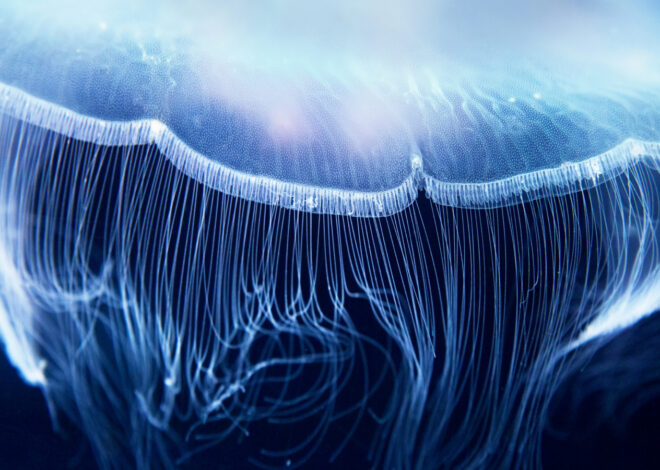
Impactful Experiences Enhance the Strength of Past Memories
Striking moments make previous memories stronger

Chenyang (Leo) Lin grew up in a coastal city in southern China, far from any woods. So, when he went on a hike in New Hampshire last year, he was awed by the large trees and darting squirrels. “That was very new to me,” says Lin, a brain and behavior expert at Boston University.
That hike is now crystallized in Lin’s memory. So, oddly, are the more familiar chickens he saw en route to the hike.
Now, Lin’s research helps explain why both those chickens and squirrels have lodged in his memory. Events that pack an emotional punch help people remember moments they would otherwise forget, Lin and colleagues report September 24 in Science Advances. The brain even seems to tether similar objects and events. That’s probably why Lin remembers mundane farm animals along with those super cool squirrels.
Understanding what people remember — and forget — could help students retain information or therapists treat trauma patients, Lin says.
Since the 1990s, research has suggested that pairing a weak memory with a strong one can make the weak memory stick around. The idea behind that theory, known as tag and capture, is that everyday memories leave neuronal marks, or tags, that disappear within a few hours. But when a more powerful memory occurs shortly after the everyday event, it triggers a localized protein storm in the hippocampus and related neural circuits. The tagged neurons can capture those proteins, thereby gluing weak memories to powerful ones.
Lin and his team tested that idea by having over 100 people observe sequences of animals, such as aardvarks, hamsters or sea stars, and everyday tools on a computer. First, participants simply viewed dozens of images. Next, they viewed similar images, but this time with a reward attached to each. About half the participants received a large reward for labeling animals and a low reward for labeling tools, while the other half received the opposite. For instance, a participant might receive 900 points for identifying a hamster as an animal and 1 point for identifying a hammer as a tool, or vice versa.
The next day, the team surprised participants with a memory test of what they’d seen the day before. Both reward size and image category type mattered, the researchers found. Receiving a big reward after seeing animals enhanced people’s memories of those animals by roughly 5 percent. Those who received a small reward remembered about 45 percent of the animals they’d seen in the first round, while those who received a large reward remembered about 50 percent of the corresponding animals.
Big rewards given right after seeing tools didn’t help people remember tools they’d seen in earlier stages. Lin suspects that’s because people formed stronger initial memories of the tools than the animals even without memory-boosting rewards. Rewards tied to images of animals had no effect on peoples’ ability to remember which tools they’d seen.
Mundane memories are known to exist in this transient state, says cognitive neuroscientist Joseph Dunsmoor of The University of Texas at Austin. But this is among the first papers to show that weak memories are more likely to get captured when they relate to the strong memory. “The thing that occurred in the past suddenly takes on more meaning,” says Dunsmoor, who has done similar research himself.
Lin’s team also showed that people were better at forming new memories after receiving a big reward. After a big event, the brain is aroused and open to new information, so those memories stick around, Lin says.
Sorting out what’s going on in the brain while memories form will take more time. Someday, therapists could help survivors enhance the everyday memories that occurred before a trauma to dull the pain of what came after, Lin says. Or teachers could identify strategies that bolster students’ information retention: If Susie jumps up and down in a math word problem, maybe the class ought to jump up and down, too.
Source: www.sciencenews.org
Published on 2025-09-25 15:00:00 by Sujata Gupta | Category: Psychology | Tags:



